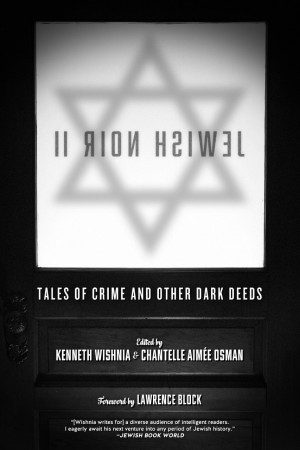Susan L. Ross’s new middle-grade novel, Searching for Lottie, tells the story of twelve-year-old Charlotte “Charlie” Roth’s search for information about her grandmother’s sister, Charlotte, called Lottie, presumed to have perished in the Holocaust along with other family members. The novel integrates historical material into other narrative threads: Charlie’s relationship with her grandmother, the uncertainties of friendships with boys, and a love of classical music, which she shared with her missing namesake. Charlie searches for her great-aunt at the same time that she searches for her own self-image, measuring her personal aspirations against the dreams she believes her parents and her grandmother hold for her. The story that results is an unusually engaging and honest one. Readers will be drawn into the mystery of Charlotte’s fate, along with Charlie’s exploration of her insecurities and her growing understanding of her grandmother’s resilience. The impact of the Holocaust on survivors and the next generations is not an abstract question, but a tangible one, in this appealing story of an intelligent and insightful young heroine.
Charlie is assigned a school project requiring research on her family’s history. Something of a perfectionist, she is determined to approach it with the same dedication that she gives to practicing the violin, although many obstacles intervene in her search for evidence about Charlotte. Obstacles are nothing new to Charlie, who fights with her brother, Jake, and balances her need for freedom with loyalty to her parents. No one is perfect in the Roth family, and their conflicts will seem reassuringly familiar to readers. Ross intersperses Charlie’s text messages with friends, as well as letters from her beloved grandmother and textual evidence from diaries, into the chapters, giving the mystery a convincing multi-generational setting. Charlie’s alternating feelings of discouragement and inspiration in looking into the past are mirrored in her similar sense of achievement and disappointment in her musical career. Ross’s expertise in advancing the plot while showing Charlie’s emotional growth is subtle, as finely tuned as Charlie’s violin.
There is an obvious challenge in writing a novel with a Holocaust theme for this age group. The author needs to frame the magnitude of the event in a personal story without trivializing its horrors, while at the same time avoiding some of the most devastating material for readers too young to process it. The resolution of Charlie’s search is neither overwhelmingly tragic nor unrealistically redeeming. She opens the door to knowledge about her family’s past and of the overwhelming events that engulfed the Jewish people. At the same time, she comes to understand that she can only be herself, and that her family will support her on that journey.
Searching for Lottie is highly recommended. Ross includes an essential “Author’s Note” explaining the origins of some of the characters in her own family’s roots, and clarifying how she has combined history and fiction in her novel.
Emily Schneider writes about literature, feminism, and culture for Tablet, The Forward, The Horn Book, and other publications, and writes about children’s books on her blog. She has a Ph.D. in Romance Languages and Literatures.



